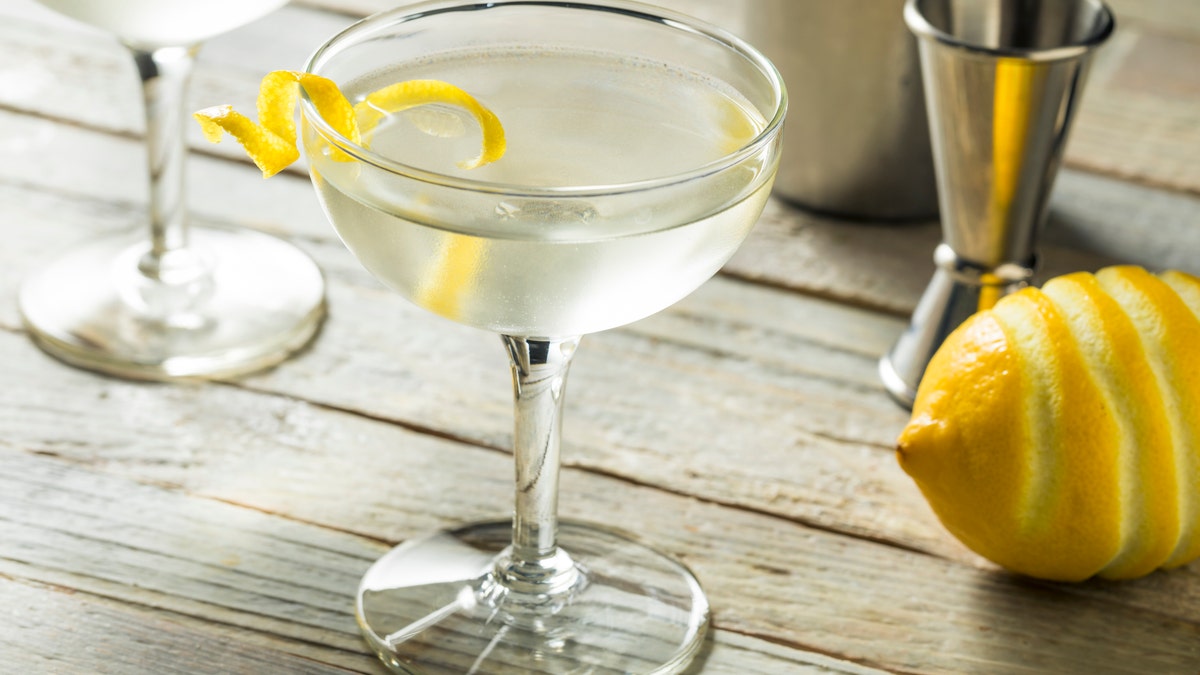Fox News Flash top headlines for May 13
Fox News Flash top headlines are here. Check out what's clicking on Foxnews.com.
Get all the latest news on coronavirus and more delivered daily to your inbox. Sign up here.
As Americans cope with coronavirus-related stress -- facing a public health and economic crisis rolled into one -- they are increasingly turning to alcohol and drugs, a new survey showed.
According to the survey, conducted by The Recovery Village, a Florida-based network of addiction treatment centers, Americans reported a 55 percent increase in alcohol consumption last month -- and 36 percent reported increased use of marijuana and prescription opioids.
“Experts have already started to voice concerns on the secondary effects America is yet to see from COVID-19,” the researchers wrote, among them being “increased rates of addiction afterward due to the stress of isolation, boredom, decreased access to recovery resources and unemployment.”
RAPID CORONAVIRUS TEST USED AT WHITE HOUSE MISSED MANY COVID-19 CASES, NEW REPORT SAYS

A new survey shows Americans turning to alcohol and drugs to cope with the coronavirus pandemic. (iStock)
Other than alcohol, opioids and marijuana, the survey showed drugs being used by the coronavirus-weary public include benzodiazepines such as anti-anxiety medication Xanax, Adderall and other prescription stimulants, and cocaine.
Not suprisingly, the increase in alcohol consumption was 67 percent in states hardest hit by the coronavirus, including New York and New Jersey. Results from The Recovery Village survey showed that nearly 30 percent of respondents from these affected areas said their drinking had increased “significantly” over the past month.
CORONAVIRUS WILL RAGE UNTIL IT HITS 60 TO 70 PERCENT OF THE POPULATION, TOP SCIENTIST SAYS
"Using drugs or alcohol to cope with life circumstances, such as stress or boredom, can become a habit that leads to a substance-use disorder," the organization said in a press release. "When individuals use drugs or alcohol in an attempt to self-medicate and cope with symptoms of a mental health disorder, they can develop a co-occurring substance-use disorder."
As of Wednesday afternoon, more than 1.3 million people were infected and at least 83,150 people have died in the U.S. from COVID-19.





















